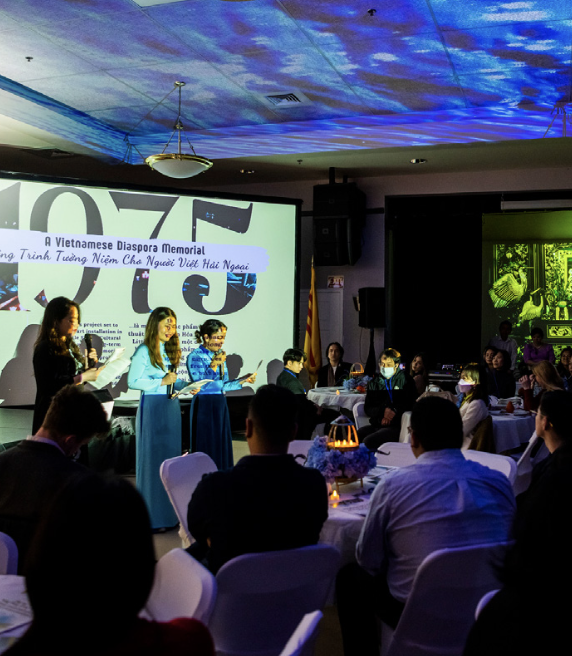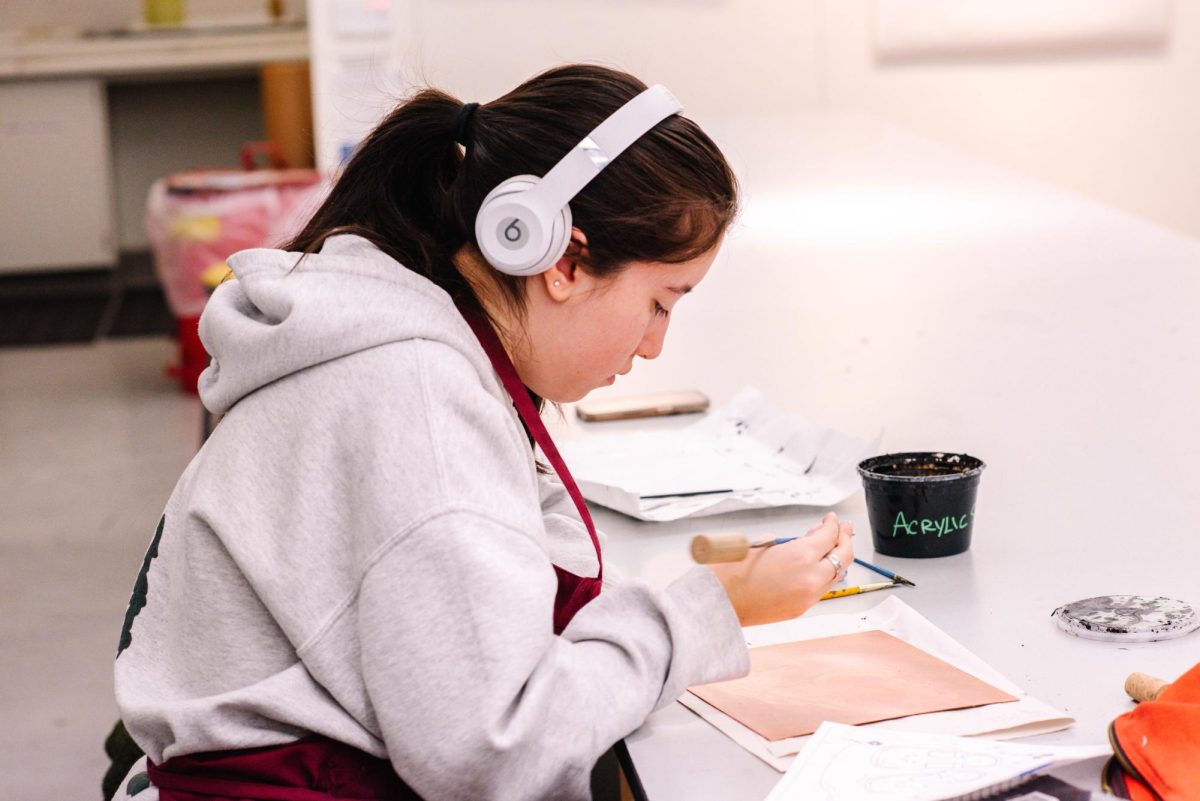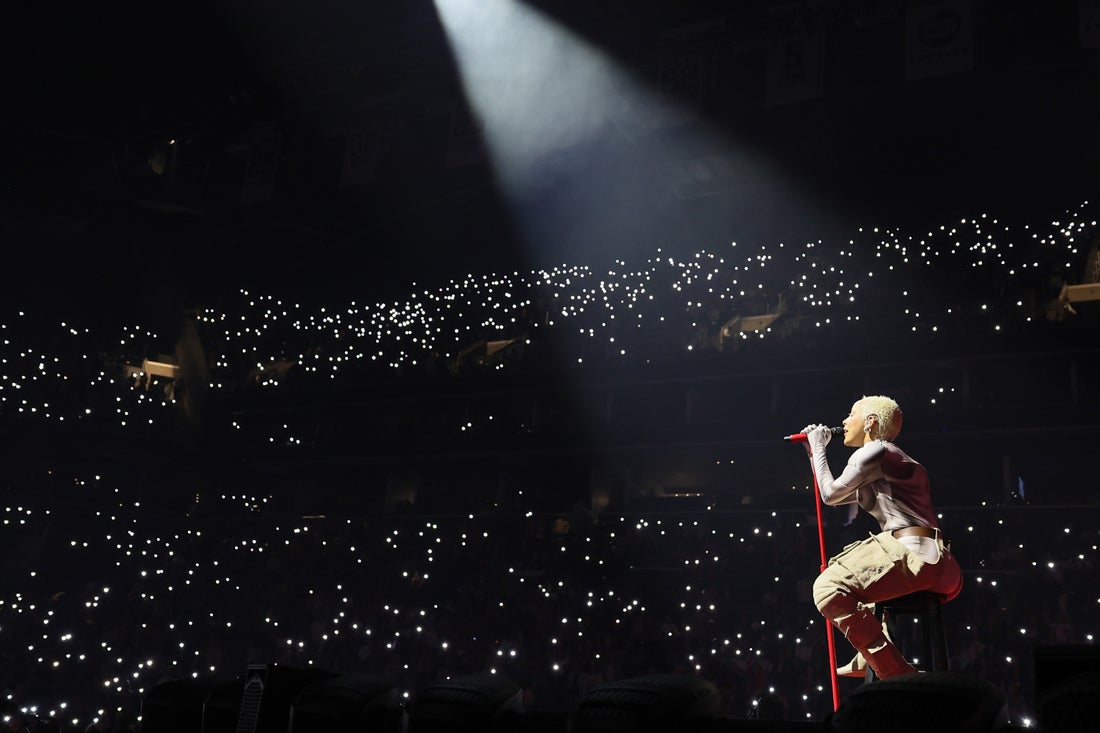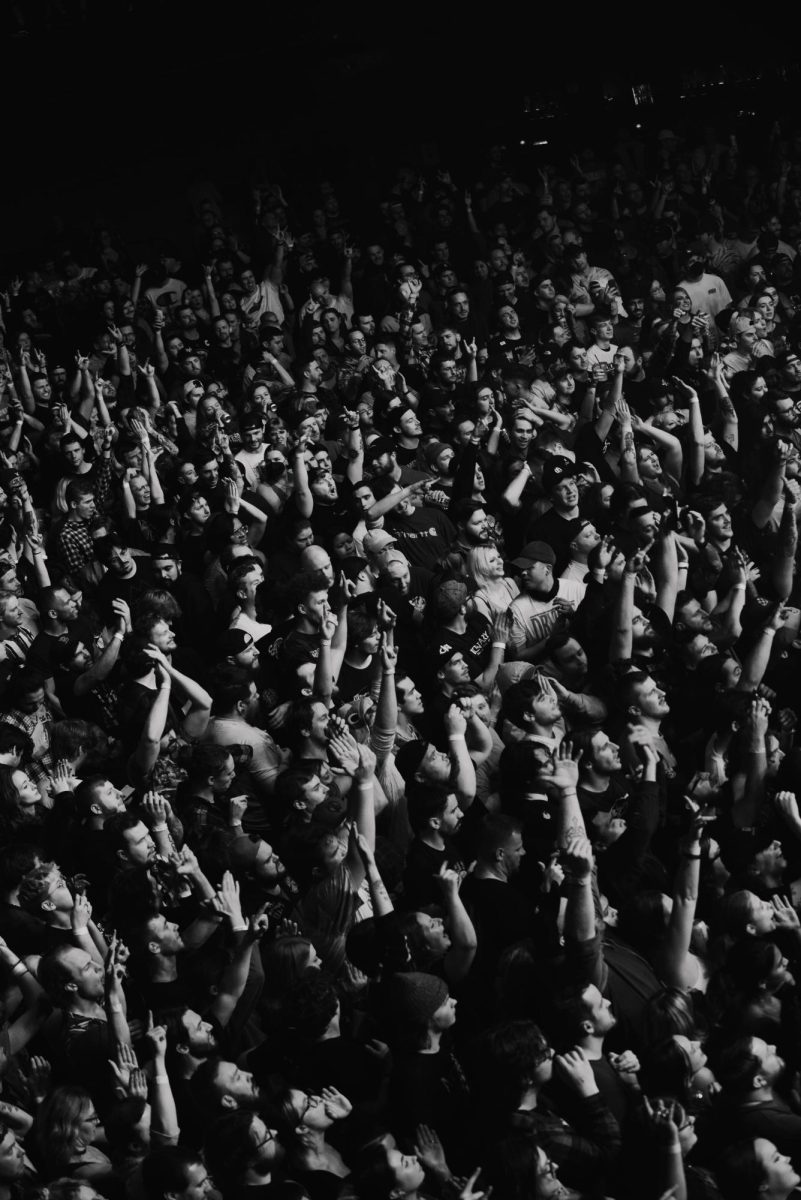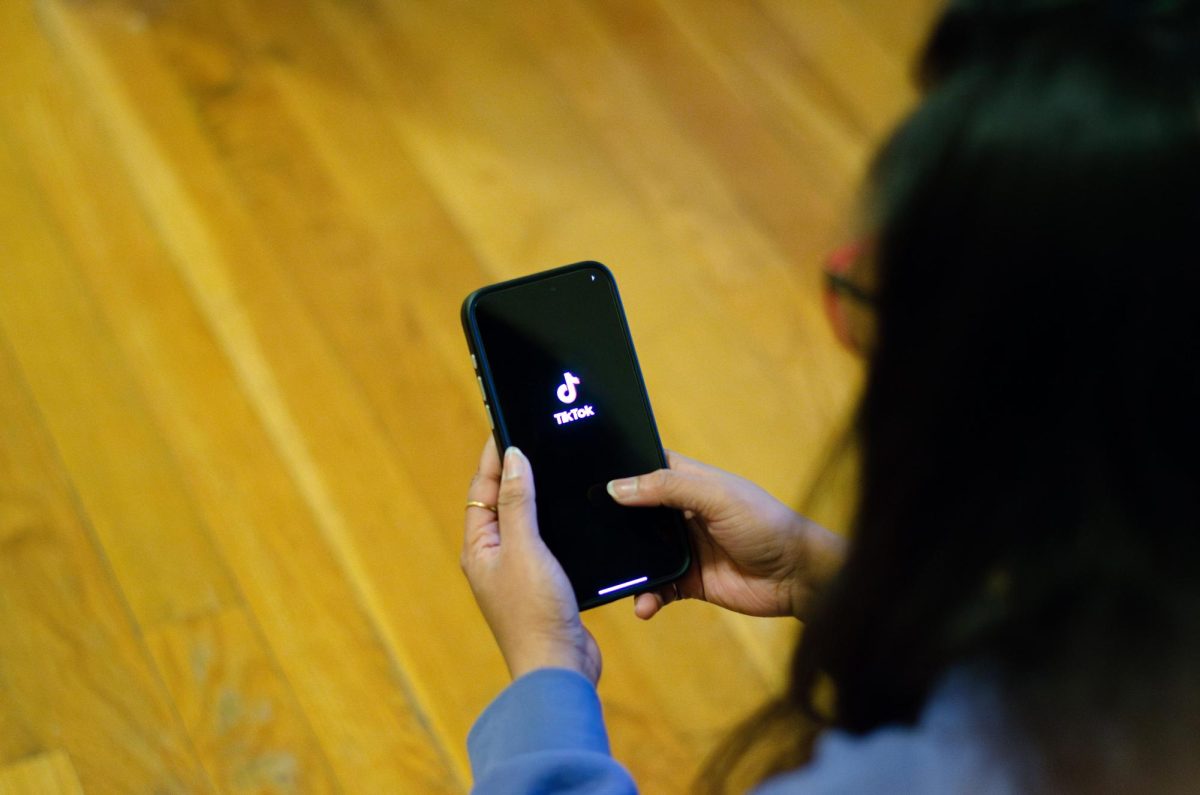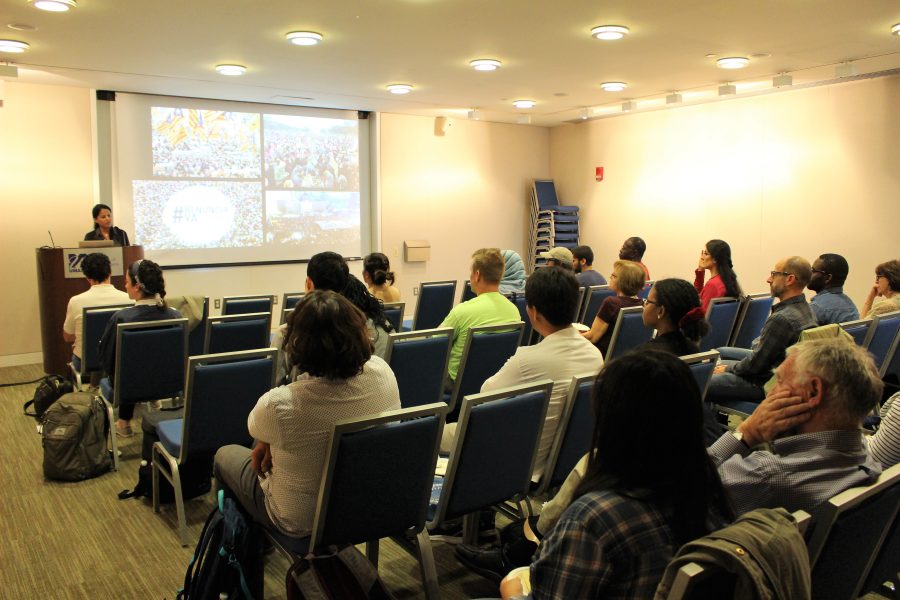On Tuesday, Sept. 18, the Department of Conflict Resolution, Human Security, and Global Governance in the McCormack Graduate School held a colloquium about Civil Resistance Against the Global Rise of Authoritarianism with guest speaker, Jamila Raqib. In room 3540 on the third floor of the Campus Center, the department offered refreshments with around 25 people in attendance.
Starting at 5:30 p.m., the event was kicked off by associate professor and chair member, Darren Kew, introducing Raqib. Raqib is the Executive Director of the Albert Einstein Institution and a “Research Affiliate of the Center for International Studies at the Massachusetts Institute of Technology (MIT).” The Albert Einstein Institution was founded by Dr. Gene Sharp in 1983; their mission is to “advance the study and use of strategic nonviolent action in conflicts throughout the world.”
Raqib was hired by the Albert Einstein Institute straight out of college in 2002 and worked with the doctor until his death on Jan. 28, 2018. Sharp wrote multiple books on the successes nonviolent strategies can bring. He started his career in 1958 when he attended a conference in Ghana where he showcased his list of 32 methods of nonviolent actions. The list has expanded with a current total of 198 methods. Raqib said: “I think it’s so relevant to our world today, I think that the idea that there’s this vast list of methods that are available to us is incredibly empowering to people, who think that maybe all you can do is stand in the street with a sign. So, the list gets people really excited and again there is still a need that there’s (sic) so many things you can do.”
The conflicts the institute mainly focuses on are politics. Raqib stated: “People are recognizing that fighting the political problems that are keeping so many of our communities poor and oppressed and marginalized is really up to us. And that creating the kind of world we want to live in is also up to us. And that there is no messiah coming to save us, at least in the political sense.”
A major part of the colloquium was on the importance of organization before the protests. She talks about the success of different movements and their demonstrations but that the media is only able to show the outside demonstrations. Raqib told the audience, “Much of the work that I’m privileged to be able to observe is the way in which people are building power behind the scenes.”
During the Q&A portion of the event, Kew asked for a brief explanation of how to achieve the different kinds of social justice they’re looking for and the tools necessary. Raqib answered: “We still don’t really understand how it can be applied easily or better than it has been because a lot of the work is very theoretical. And it’s basically a framework, right? So, it’s a way to think about problems and then the hope is that with the detailed knowledge of nonviolent resistance and how it works and the detailed knowledge of your own situation, that somehow, you know, a path forward that’s more strategic will materialize.”
Strategic Nonviolence in the World Today Colloquium
September 19, 2018




